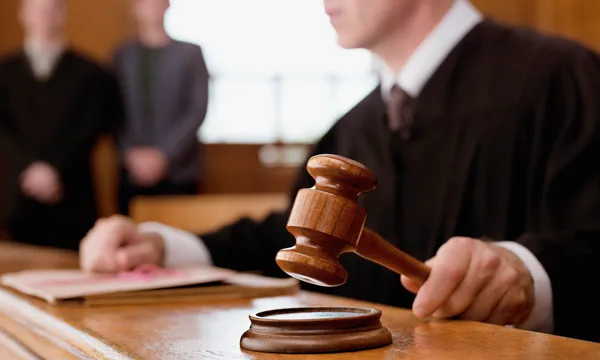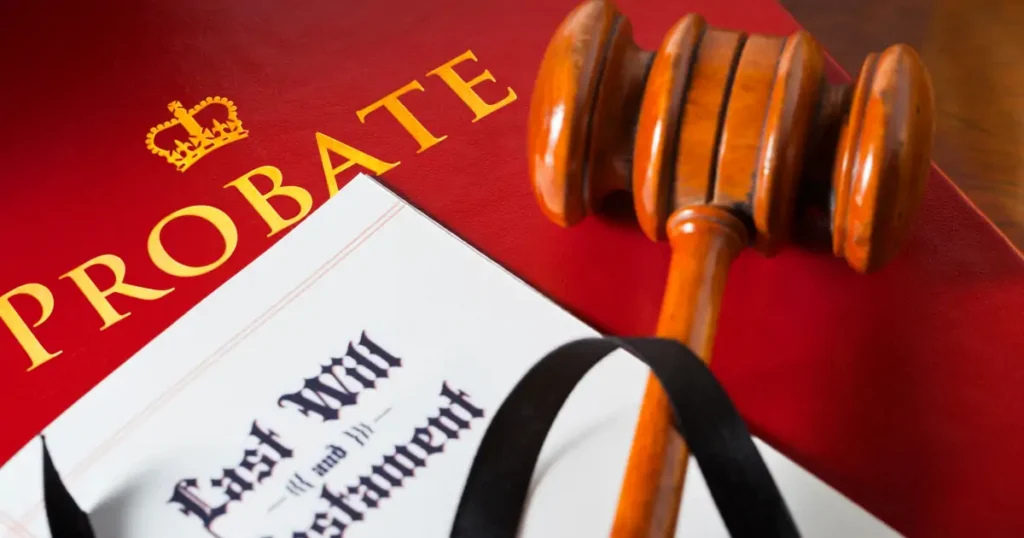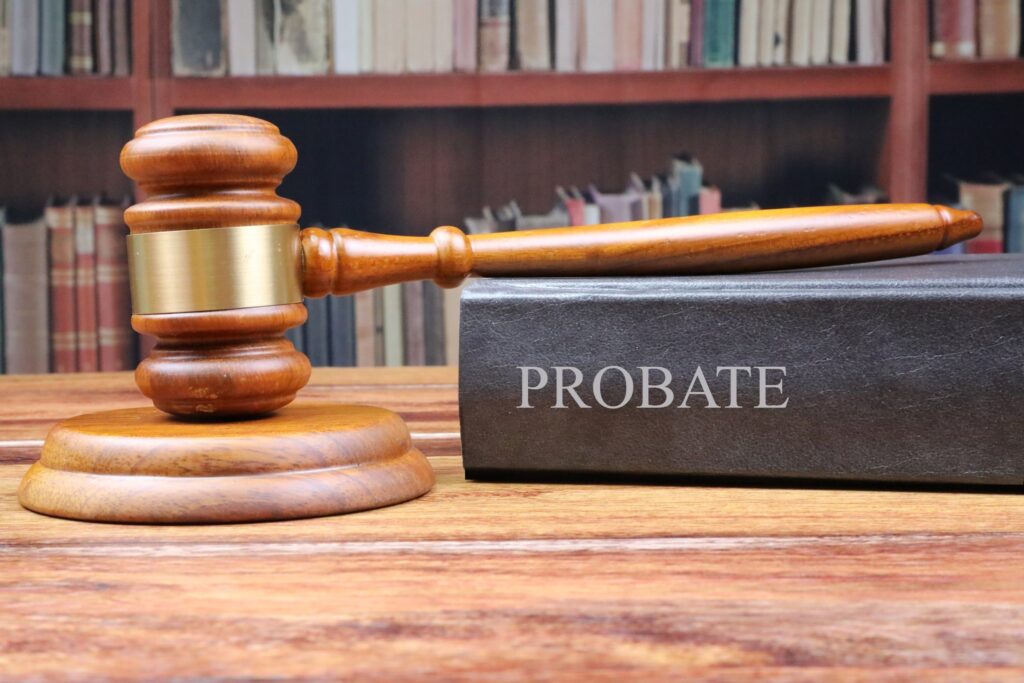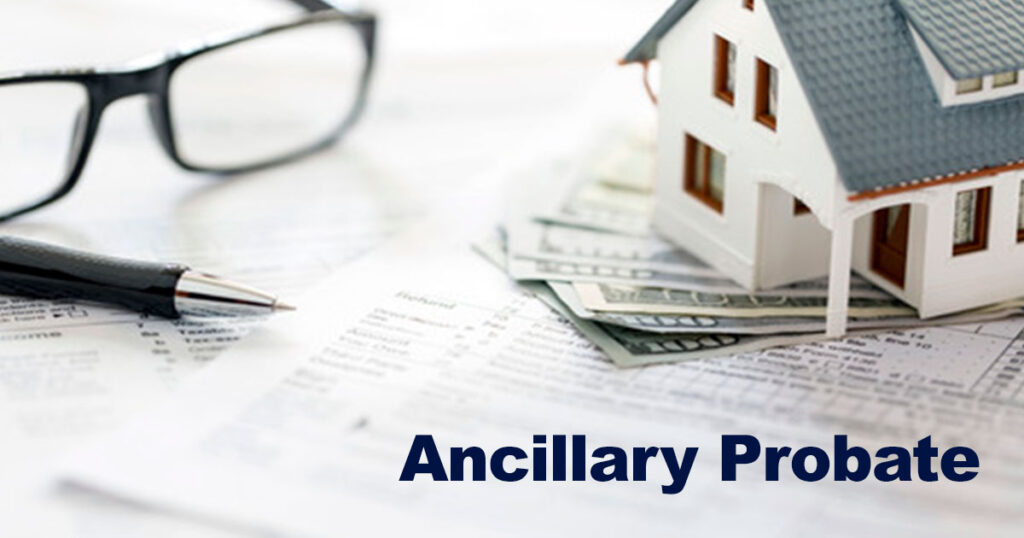Understanding the Role of Executors in Texas Probate
The executor plays a crucial role in the probate process in Texas, serving as the individual responsible for managing the deceased's estate. This includes tasks such as gathering assets, paying debts, and distributing property according to the will or state law if there is no will.
In Texas, an executor must be appointed by the probate court, and it's essential for them to understand their legal duties and responsibilities. For instance, they must file the will with the court, notify heirs and beneficiaries, and ensure that all estate taxes are settled. Failure to fulfill these duties can lead to legal complications and potential liability.
Common Misconceptions About Wills and Probate in Texas
Many individuals hold misconceptions about wills and the probate process, which can lead to confusion and poor planning. For example, some believe that having a will automatically avoids probate, when in fact, all wills must go through the probate process to be validated.
Additionally, there is a common myth that only wealthy individuals need to consider estate planning. In reality, everyone can benefit from having a will or trust, regardless of their financial situation. Understanding these misconceptions can help individuals make informed decisions about their estate planning needs.
Probate Alternatives: What Are Your Options?
In Texas, there are several alternatives to traditional probate that can simplify the process and save time and money. Options such as small estate affidavits or transferring property through a transfer-on-death deed can allow for a smoother transition of assets without the need for lengthy court proceedings.
These alternatives are particularly beneficial for estates that do not have complex assets or significant debts. By exploring these options, individuals can ensure that their loved ones are not burdened with a protracted probate process, allowing for a more efficient transfer of their estate.
The Importance of Updating Your Will Regularly
Regularly updating your will is vital to ensure that it reflects your current wishes and circumstances. Life events such as marriage, divorce, the birth of children, or significant changes in assets can all necessitate a review and potential revision of your estate plan.
Failing to update your will can lead to unintended consequences, such as assets going to the wrong beneficiaries or disputes among heirs. By scheduling periodic reviews of your will, you can maintain control over your estate and ensure that your wishes are honored after your passing.
Understanding the Role of Executors in Texas Probate
The executor plays a crucial role in the probate process in Texas, serving as the individual responsible for managing the deceased's estate. This includes tasks such as gathering assets, paying debts, and distributing property according to the will or state law if there is no will.
In Texas, an executor must be appointed by the probate court, and it's essential for them to understand their legal duties and responsibilities. For instance, they must file the will with the court, notify heirs and beneficiaries, and ensure that all estate taxes are settled. Failure to fulfill these duties can lead to legal complications and potential liability.
Common Misconceptions About Wills and Probate in Texas
Many individuals hold misconceptions about wills and the probate process, which can lead to confusion and poor planning. For example, some believe that having a will automatically avoids probate, when in fact, all wills must go through the probate process to be validated.
Additionally, there is a common myth that only wealthy individuals need to consider estate planning. In reality, everyone can benefit from having a will or trust, regardless of their financial situation. Understanding these misconceptions can help individuals make informed decisions about their estate planning needs.
Probate Alternatives: What Are Your Options?
In Texas, there are several alternatives to traditional probate that can simplify the process and save time and money. Options such as small estate affidavits or transferring property through a transfer-on-death deed can allow for a smoother transition of assets without the need for lengthy court proceedings.
These alternatives are particularly beneficial for estates that do not have complex assets or significant debts. By exploring these options, individuals can ensure that their loved ones are not burdened with a protracted probate process, allowing for a more efficient transfer of their estate.
The Importance of Updating Your Will Regularly
Regularly updating your will is vital to ensure that it reflects your current wishes and circumstances. Life events such as marriage, divorce, the birth of children, or significant changes in assets can all necessitate a review and potential revision of your estate plan.
Failing to update your will can lead to unintended consequences, such as assets going to the wrong beneficiaries or disputes among heirs. By scheduling periodic reviews of your will, you can maintain control over your estate and ensure that your wishes are honored after your passing.









